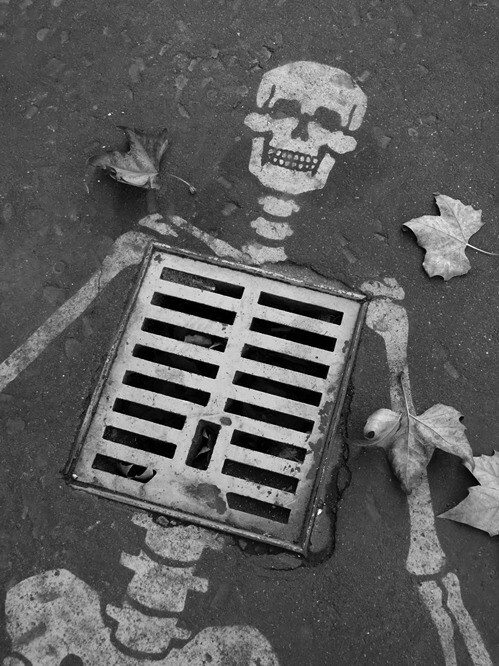I watch a lot of commentary channels on YouTube. My feed is filled with hot takes on the latest online trends and happenings, often dealing with topics like racism, sexism, abuse, and harassment. More and more, I’ve noticed YouTubers bleeping (or rather muting) words that might be flagged as being “advertiser unfriendly” and get their videos demonetized. Sometimes that’s profanity, but more often it’s words like abuse, Holocaust, kill, suicide, sexual, and abortion. Words that aren’t inherently ‘bad’ but that brands wouldn’t want to be associated with videos containing them. Similarly, TikTok creators change the spelling of words or use other terms in their speech and captions to avoid filters there.
At the same time, I heard someone comment on how they keep hearing people in real life say ‘unalive’ rather than ‘suicide’, with the former being a word often used to avoid filters. There’s no doubt that online terminology creeps into our real lives. We use words and phrases that originate online in our speech vocabulary and they become a part of our culture.
Lately I’ve had this creeping concern that the filtering of words that advertisers don’t like will have a larger societal implication on kids growing up right now. I fear that they’ll view normal words like abuse as ‘bad’ and avoid using them because creators online can’t use them, and that the fight for abortion rights will be hindered because the very word abortion can’t be said in videos. Maybe I’m overthinking it or being too much of a downer but every time I watch a video that removes a normal, innocent word, it makes me wonder what that means for society.
Do you think that advertisers and platforms discouraging words and topics which can be controversial will have larger effects on society?


I think it’ll be difficult to openly discuss stuff like this on YouTube, especially with how they are now using OCR to read on-screen text in videos rather than relying on just the auto captions.
So not only will channels need to bleep as usual, they may also need to blur on-screen text too. I think naturally people will use new words to replace older “less fashionable” terminology, but it’s being forced on us at the moment by advertisers IMO.
Given how videos form the basis of a lot of popular culture nowadays, I think advertiser censorship will, and kind of has already affected society
It freaks me out. I hate how they’re making it so we’re pretty much dependent on these corporate-run networks, which then in turn make it so you can’t discuss topics that advertisers dislike, and then you have nowhere else to go to talk about those topics online. Inevitably, minority groups are the first to lose out. There was an absolutely chilling article posted a little while back about a leaked plan from a US conservative group to make is so allowing any discussion of LGBTQIA stuff online would be considered pornographic and disallowed. There are very dangerous people who want to control what we’re allowed to say in online spaces and they are scary smart in how they’re trying to go about it.
I think this is a valid concern. I also very much dislike the tracking and being used. Those platforms feel like a home where you can discuss things with your friends, share pictures of your last vacation. Stay in the loop about hobbies, or just kill time… But the dark secret is, you’re constantly being tracked in the background. Each interaction gets recorded and they’ll assess who might be most interested in you. They will also sell that info. And used it to feed the algorithms. The algorithm will make sure to feed exactly the right content to you to keep you entertained. Calculate what to do to you to keep your engagement high or keep you swiping. And they’ll probably make it a nice little bubble, too, that feels comfortable.
And the last thing is also my main problem. I want people to break free from this shit. Not rely on the benevolence of WhatsApp (Meta) to communicate with family members (me). et cetera. But it’s too easy. You don’t even need to remember a password. Just type in your *drumroll* phone number and you’re done. And our free social media alternatives also suck (in comparison) because they’re not made to be addictive. And silicon valley companies arguably hire psychologists to make their apps extra addictive.
There is no way the good will prevail.
(Well, actually I think there is. I think we need something like the Enlightenment and have the majority of people on the world put in the effort to make some changes.)